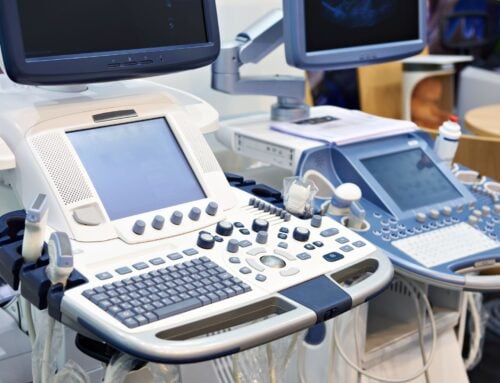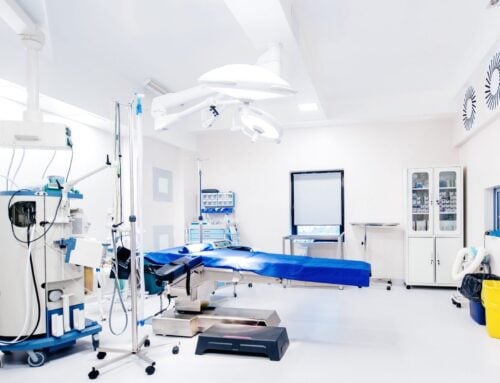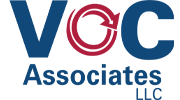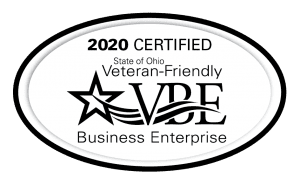Medical equipment is a critical part of the healthcare system. Detailed preparation and scheduling are needed to equip health centers. The goal is to ensure that all chosen items are fit for the budget and comply with the project build plan.
More than ever, in order to stay within the budget, it is crucial to make the wise decisions of early planning. Medical equipment planning includes equipment survey, budgeting, proper selection of the appropriate medical equipment, and assessment of technical requirements.
This phase consists of recognizing the problems in installing new equipment and technology. Some of the things you need to look into are the physical scale of the machinery, the overall weight, how they work, which providers are the best, do they need additional software to work, or what harm can it do if not handled with caution?
In addition to what’s mentioned above, here are seven more critical aspects to take into account in the course of hospital equipment planning.

1. Planning for Future Growth
Whether it’s a patient space or a clinical laboratory, every room in a health organization has its own specific needs. Work with a planner of supplies to make a comprehensive plan. Also, be sure to get expert advice from design experts and healthcare workers to create productive spaces to increase patient satisfaction. You have to see beyond what the current circumstances are and expect the facility to grow over time.
2. Seek Help From Experienced Equipment Planners
Medical equipment planners have the right knowledge and experience to determine your company’s specifications, the overall cost, and more. A seller can ensure that everything is labeled correctly and that equipment is shipped to the correct location on the right date and time.
3. Know About the Vendor and Their Equipment Delivery Process
Pick and study suppliers or distributors providing direct to site services with an outstanding record of performance. You have to find out about their process, if they have any lapses in the past, do they deliver on time, the steps to take, and more. The right supplier can ensure that everything will run smoothly, and you’ll get all of your equipment on time.
4. You Have to Consider Regulations
Each medical facility has its own regulations regarding local building codes, national legislatures, and industry standards. The rules refer to the transactions during the planning period and how you will follow through with them.
5. Prevent Interruptions in Patients and Workflow
Make sure that all your medical equipment orders are shipped and installed within the appropriate timeline. Ideally, this is performed just before the opening or closing or when a minimum number of patients are present in the facility.
6. Make Sure to Involve the Departments Concerned in the Process
The department that will be continually dealing with the new medical equipment will need to have a lot of participation in the planning up to the delivery. This way, they can quickly familiarize themselves with working the equipment before patients start pouring in. Aside from that, this step will prohibit the organization from buying costly equipment with redundant features or functions.
7. Always Check, Test, and Ensure Quality Before Transferring Ownership
Before making that final purchase, it’s best to make sure that the equipment is running smoothly. Have your biomedical engineers inspect these pieces of equipment before signing all the required documents. Moreover, you should also perform an electrical safety inspection and procedure examination.
Medical Equipment planning is a huge step to take before hospitals make that significant transaction.
Do You Need Help With Hospital Equipment Planning?
VOC Associates has a team of experienced professionals that have planned hospital equipment for single and multiple facilities. We can help you and your business establish any hospital equipment your lab or facility might need! Visit our website or call (216) 284-4430 today!







